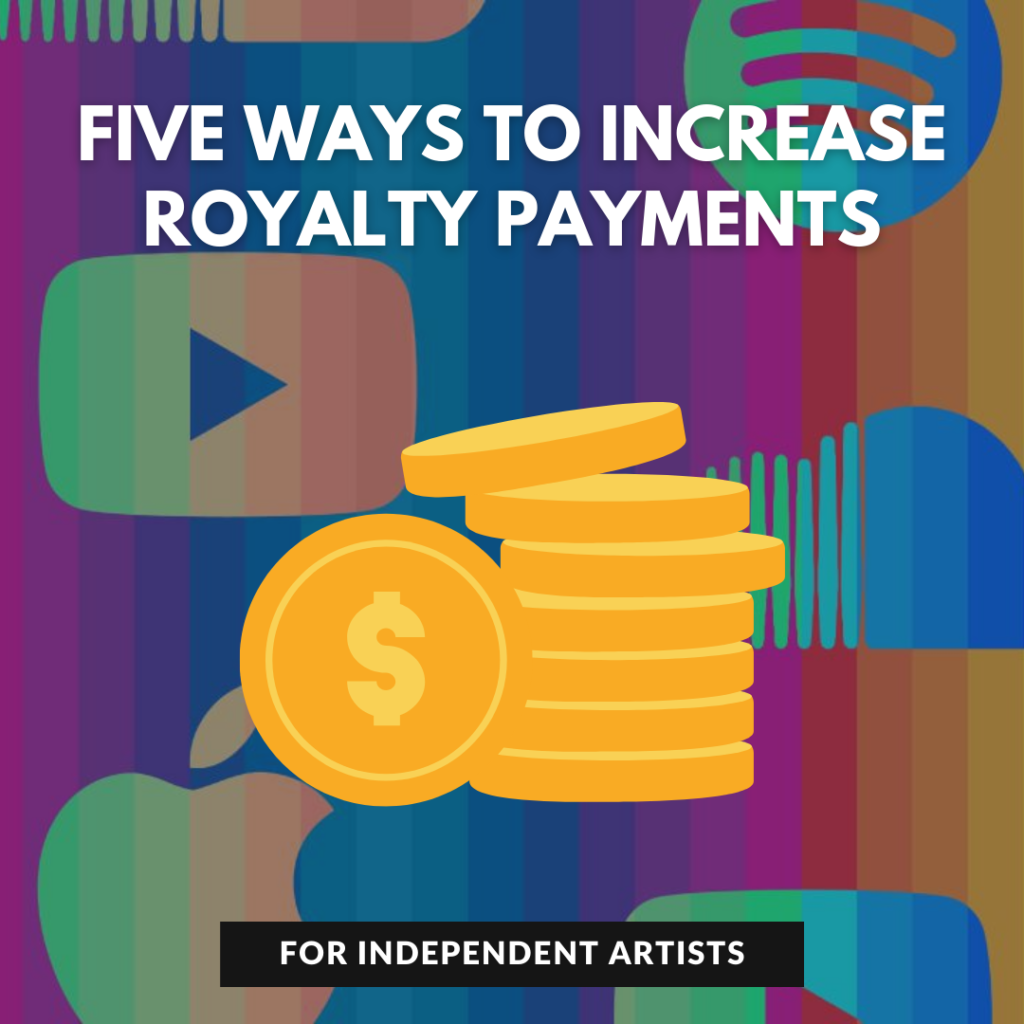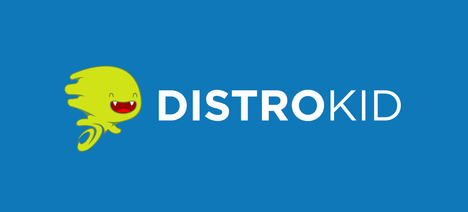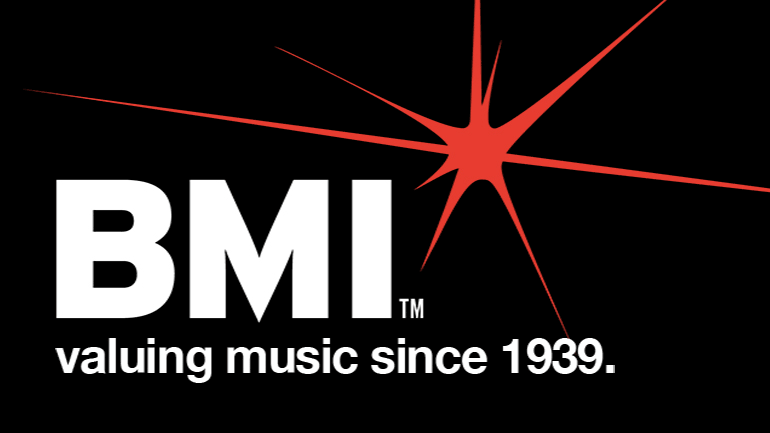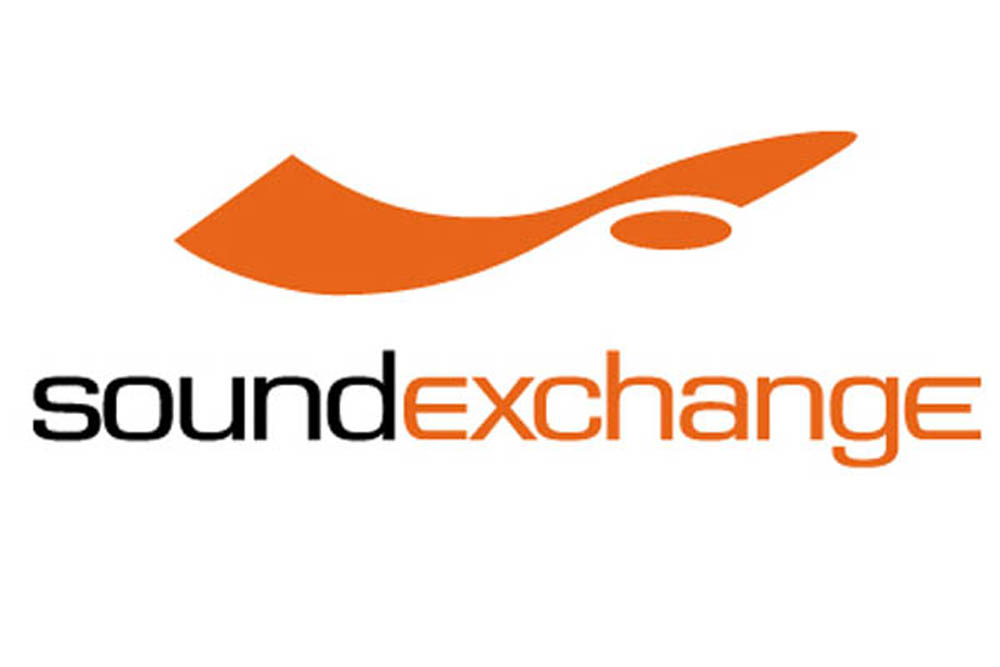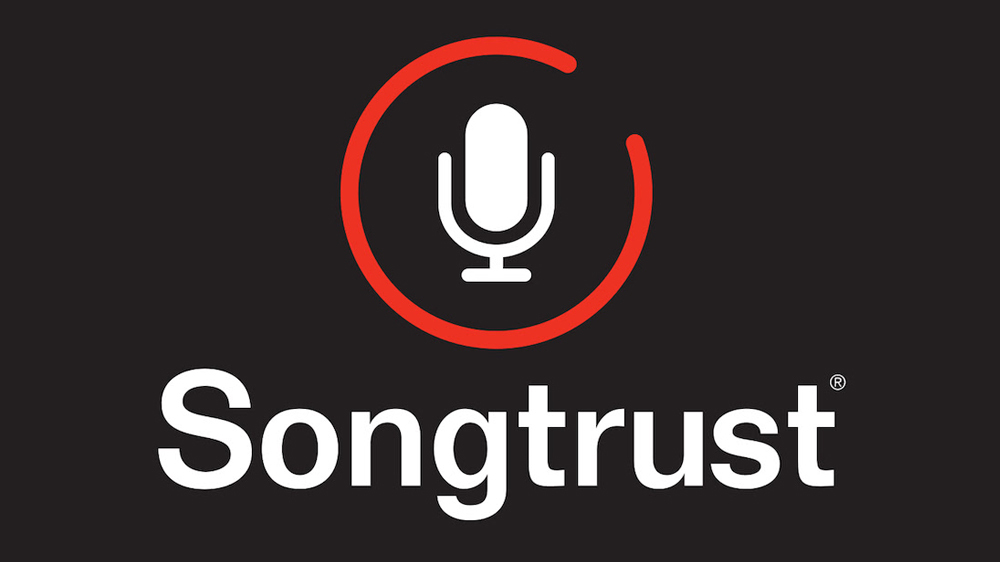Almost 50% of royalty payments never make it to the right artist, mostly because artists are unaware of what they are owed! That unclaimed money reaches the billions every year, and we are here to help you collect. Every penny matters for a brand-new artist trying to get into the industry. Music rights can be confusing, so we’ll do our best to keep things simple. By the end of this blog, you will be more knowledgeable about music rights, royalty payments, and setting yourself up to collect what you are owed. Follow NEW FIRE MUSIC on Instagram for more tips!
Like we said, we are going to keep things simple. Let’s start with your new imaginary single that you just recorded. When you make a song as an independent artist (no label or publisher), you now own the copyright for the sound recording and the composition. It is important to know the difference between the two since royalties are paid out differently for each one.
Composition
Harmony, melody, and lyrics of a song owned by the songwriter. You literally own composition copyright as soon as you write the lyrics on a sheet of paper, type them in your phone, or even tweet them on social media.
MASTER (SOUND RECORDING)
This is copyright for the physical recording of your song, whether it’s on a hard drive, in your email, or on a CD. As soon as your composition is recorded, master copyright comes in to play.
Keep in mind that the composition is owned by the songwriter and the master is owned by the artist. Songwriters are usually represented by publishers, and artists by labels. If you are independent, you are most likely the songwriter and the artist representing yourself. This means you own 100% of your songs, including the composition and the master.

Royalties is how the music industry pays artists and songwriters for the use of their copyrighted music. You are probably most familiar with streaming royalties, which distributors like DistroKid and United Masters collect when your song is played on a streaming platform. However, there are other types of royalties that distributors do not collect, and that’s money left out of your pockets.
Before we get in to how you’re going to collect as much of your money as possible, we wanted to explain the main type of royalties that we will be focusing on.
mechanical royalties
Paid to songwriters and artists when music is sold or streamed on demand. This includes the streaming royalties that you are probably already familiar with. Mechanical royalties can be paid out in many different ways.
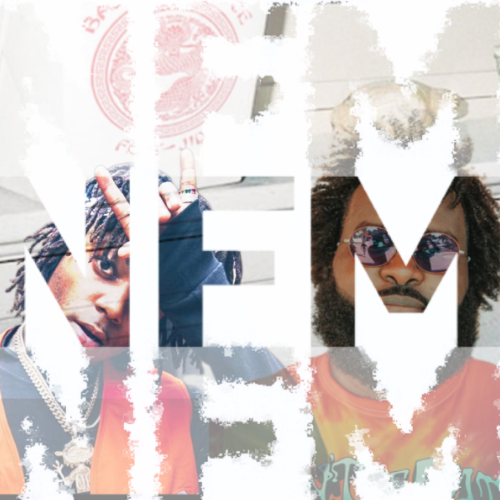
performance royalties
Paid to songwriters and artists when their music is broadcasted publicly. This includes TV, film, radio, ringtones, restaurants, and also live performances. For a new artist, we will explain how this type of royalty will be valuable to you, even if your music isn’t being played in clubs just yet.
– digital performance royalties
A special type of performance royalty that is paid out by non-interactive streaming services to the artist, AKA services where the listener does not choose the song but chooses a station. Technically, this is still a public broadcast. Examples: Pandora, Sirius XM, iHeartRadio, and the free version of Spotify or Amazon Music.
There are four main types of music royalties, but we will focus on performance royalties and mechanical royalties.
Lucky for you, you don’t have to go through the hassle of tracking down all of the money that you’re owed, there are collection societies out there ready to do that for you. We’re going to go over five ways you can start increasing your royalty payments today.
Step 1) Sign up with a music distributor.
If you want to get your music on all streaming platforms, you will need a distributor. DistroKid is one of the best (and cheapest). Pay a one-time annual fee of $20 and release as many songs and albums as you want on Apple Music, Spotify, Tidal, and more. DistroKid does a great job of collecting your mechanical royalties from the various platforms and they do not take a cut of your earnings. If you don’t already have a distributor, save 7% on DistroKid here. You should know that mechanical royalties is not all that you are owed. So, let’s move on!
Step 2) Register your songs with a Performance Rights Organization (PRO)
Performance Rights Organizations (PROs) protect songwriters and collect performance royalties for your music. They license your music to music users in bars, restaurants, film, and more and collect your royalties for you. There are tons of PROs across the globe. For the United States, BMI is our favorite because it’s 100% free for songwriters. So at the end of every month, you want to input all of your new tracks in to BMI so they can start licensing your music and collecting your royalties. As we mentioned before, you are also owed performance royalties for live performances. If you are performing at a showcase, talent show, high school, college, or any event, you can input the show information and your set list and get paid for your performance with BMI Live. Sign up for BMI as a songwriter here.
When registering songs, BMI uses a 200% scale for copyright ownership, 100% for the songwriter, and 100% for the publisher. Since you are not splitting any earnings with a publisher, the entire 200% will go to you, the songwriter. Keep this in mind when you are entering your music.
Step 3) Register your songs on SoundExchange
PROs collect performance royalties, but SoundExchange is the only company that collects digital performance royalties. If you are not registered for SoundExchange and your music is being streamed on the free version of Spotify, Pandora, SiriusXM, iHeartRadio, or any other type of online or satellite radio channel, you are leaving money on the table and not getting paid everything that you’re owed as the copyright owner of your music. These are called non-interactive streaming services, and SoundExchange is the only way to get paid for this specific type of royalty. SoundExchange is 100% free and you can sign up here as both the performer and sound recording copyright owner.
Step 4) Sign up with a publishing administrator
Your publishing administrator is going to work directly with your PRO to make sure all of your performance royalties are being collected across the globe. For most songwriters, United States based Performance Rights Organizations, like BMI (mentioned earlier) or ASCAP, only collect about one third of their overall publishing royalties (royalties owed to songwriters for the song’s composition). If you wanted to collect 100% of your performance royalties across the globe, you would have to sign up with every single PRO in each territory or country in the world.
SongTrust can do that for you. SongTrust covers 90-95% of the global music market and will collect all unclaimed performance and mechanical royalties that you’re owed internationally. SongTrust will not claim any percentage of your copyright like other publishers may, and they pay out four times a year. Sign up here for 20% off.
Step 5) Take advantage of SoundCloud Monetization
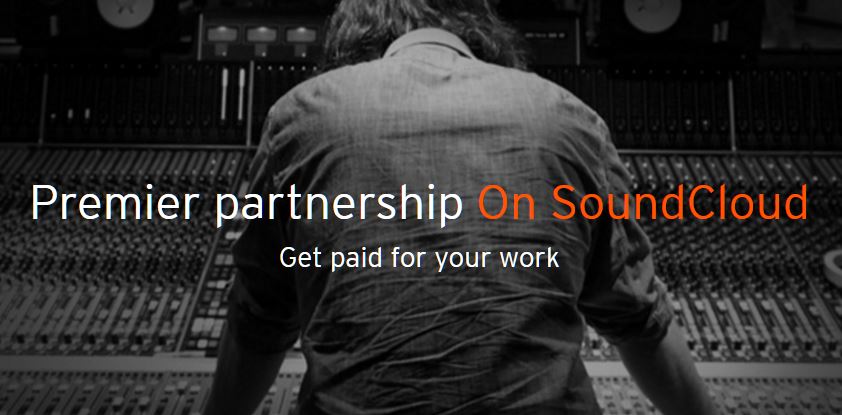
SoundCloud is the only music streaming platform that operates like a social media website. Reposts, likes, and comments allow songs to organically grow at a very quick rate, especially with New Fire Music playlisting. How ever your music is performing on other streaming platforms, you should be able to double the results on SoundCloud. And as of 2018, you can finally get paid for your streaming numbers. SoundCloud streams are not collected by distributors like DistroKid. Artists are paid through a direct monetization program called SoundCloud Premier. We love SoundCloud Premier because they pay out monthly and you retain all of the rights to your music (no splits). Here’s how you qualify:
Be an independent creator of original music and own 100% of your rights.
Have zero copyright strikes at the time you enroll.
Be a SoundCloud Pro or Pro Unlimited subscriber.
Have at least 500 eligible streams in the past month. (need help with this?)
If eligible, you’ll receive an email or SoundCloud notification to opt-in your tracks. You must meet the minimum age requirement of 18 years old to get paid.
We know you love creating music and focusing on the art, but being an artist is expensive. Studio time or home-studio equipment, cover artwork, promotion, music videos… everything costs money. The best thing you can do for yourself is getting set up early in your career to receive as much of your royalties as possible. Follow our five-step process to receiving more music royalties and commit to registering your new releases once every 1-2 months on the collection platforms we have mentioned (BMI, SoundExchange, and SongTrust). Remember, you can collect unclaimed royalties from up to three years back.
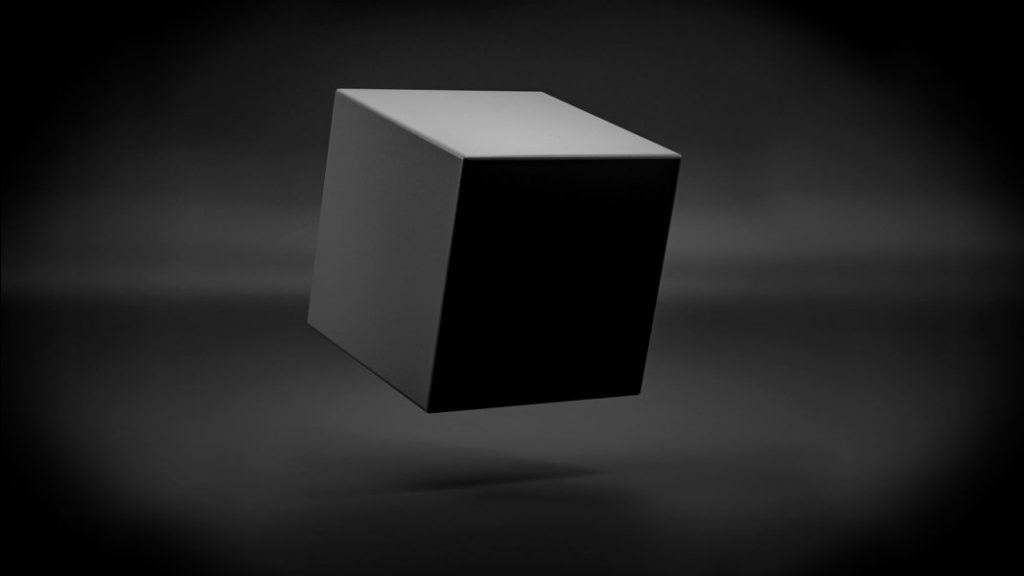
If you do not collect your royalties in 2-3 years, they will go to what is known as the Royalty Black Box. Every year, the number of unclaimed royalties is in the billions. This money then gets redistributed to the industry’s top earners. At the end of every year, unclaimed royalties from independent artists like you get pooled and redistributed to the Drake’s and Taylor Swift’s of the world. Make sure you register your songs and get paid!
Any questions?
Schedule time with New Fire Music to talk further here.

